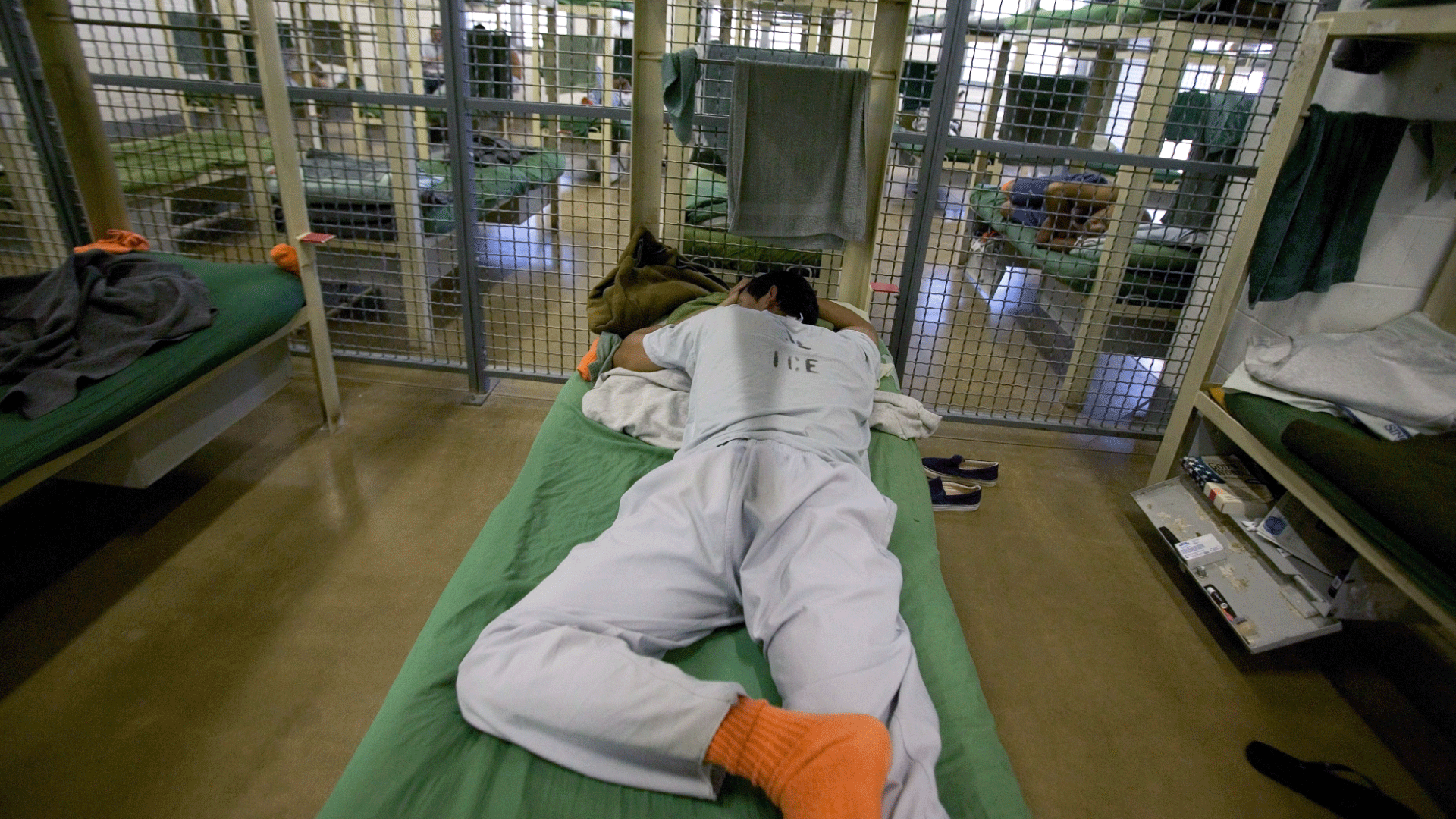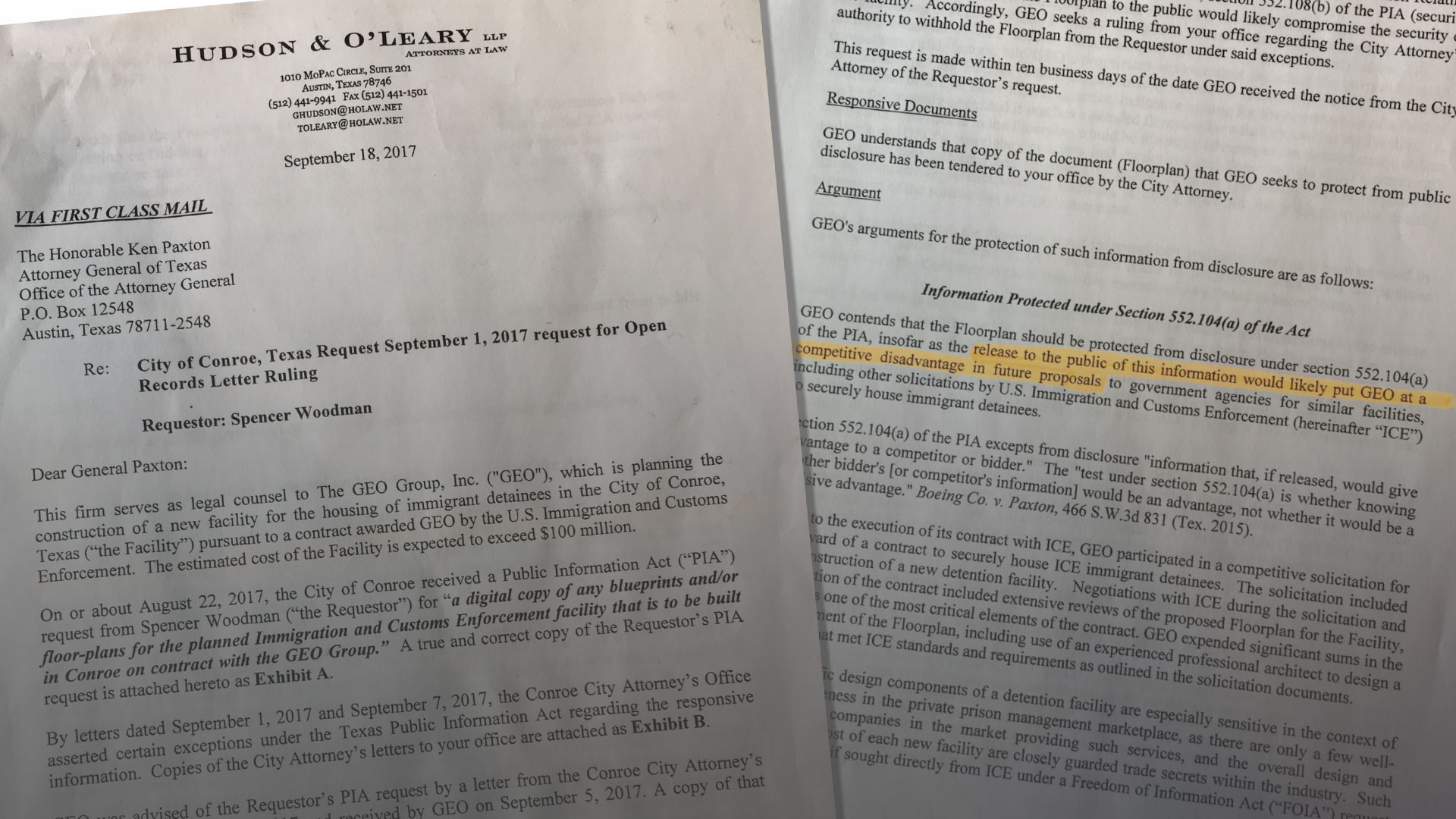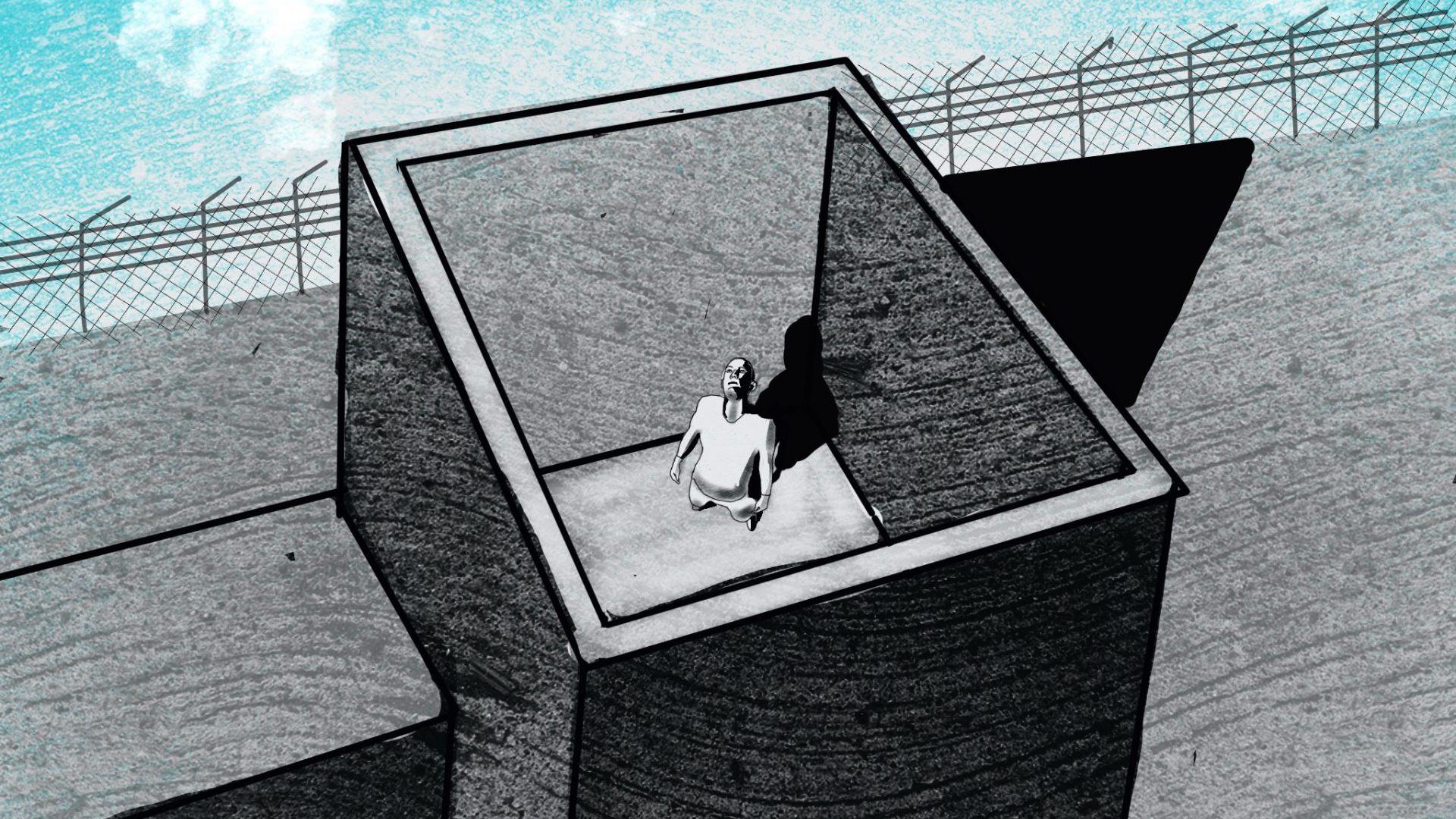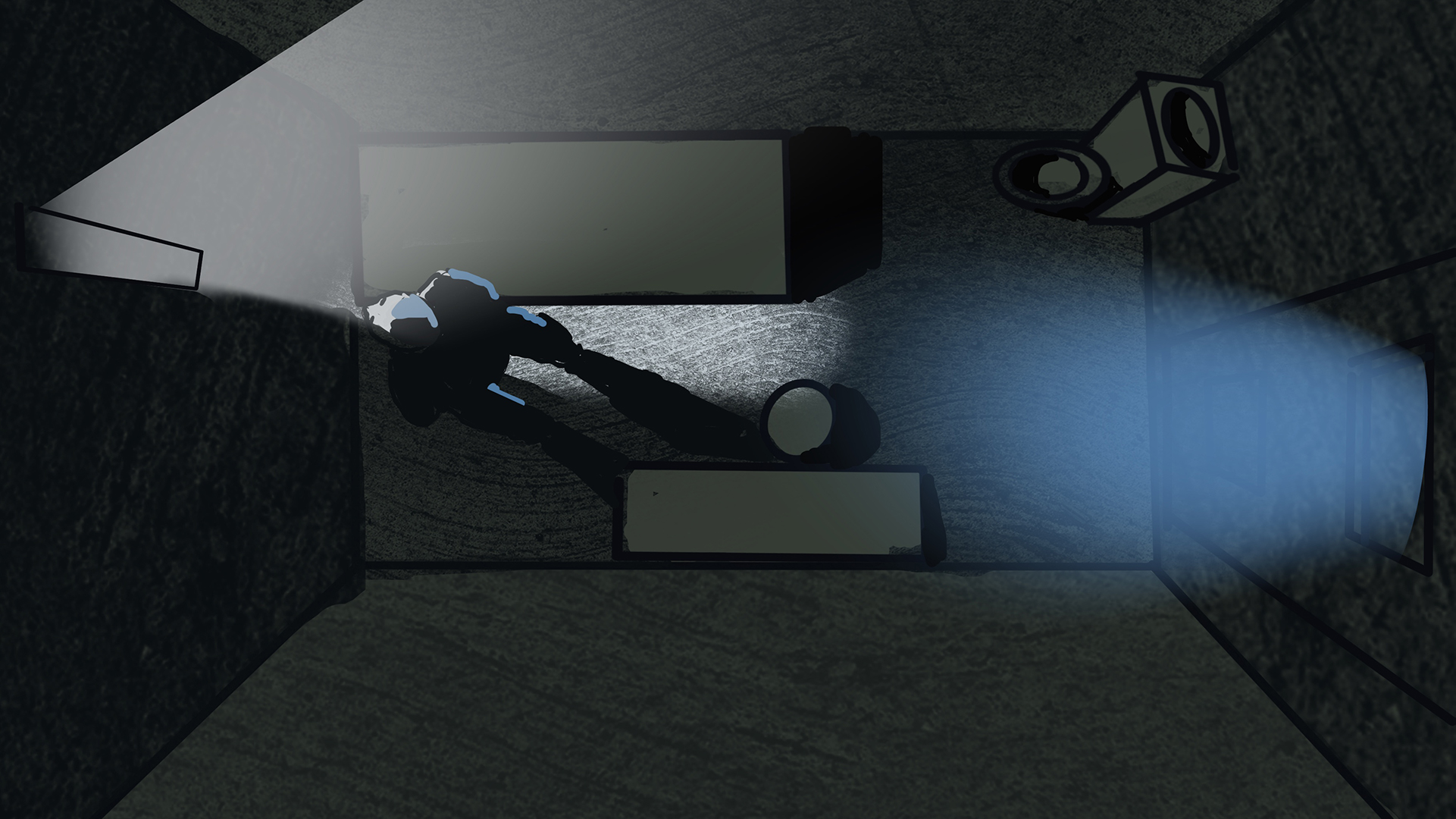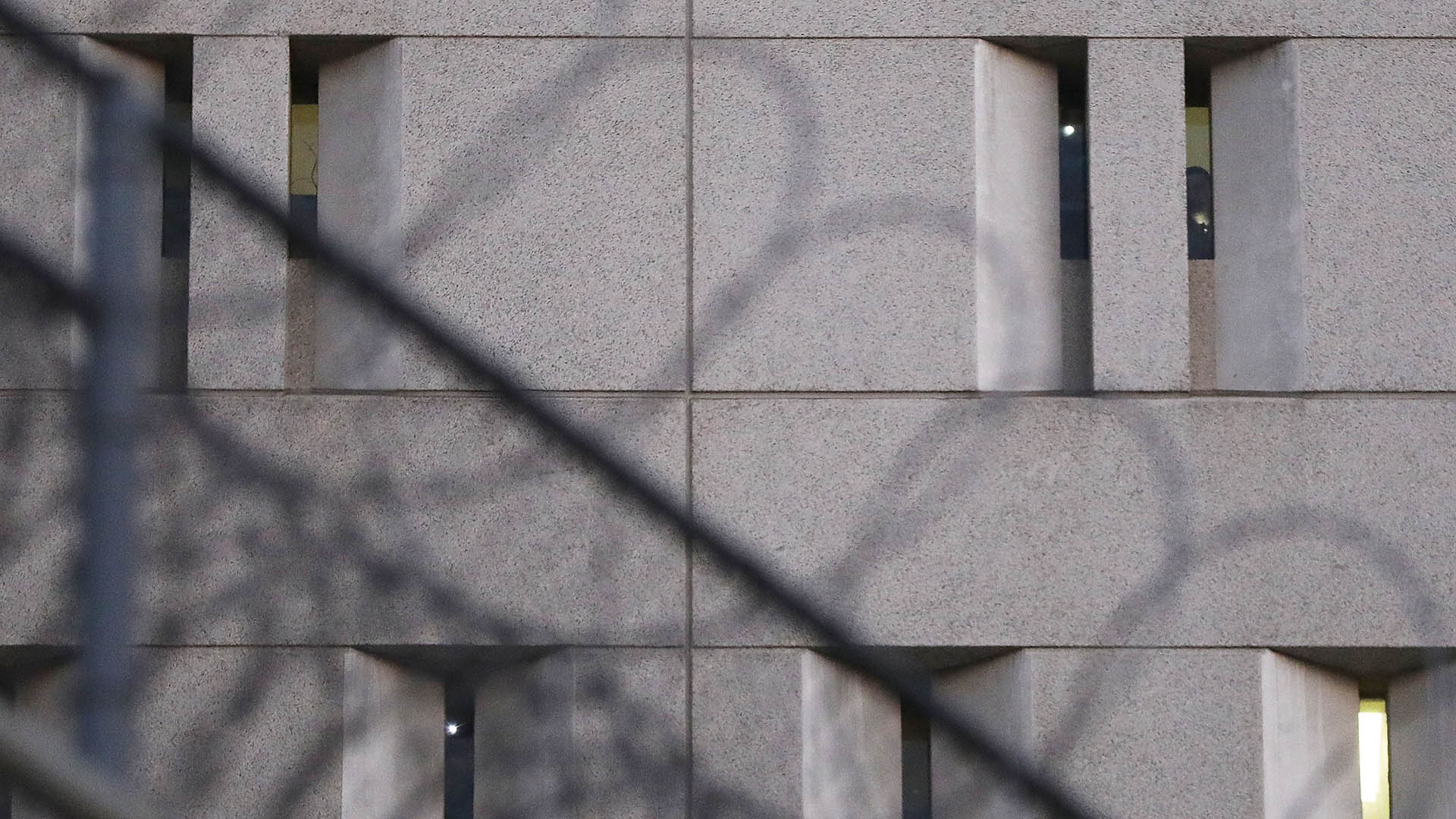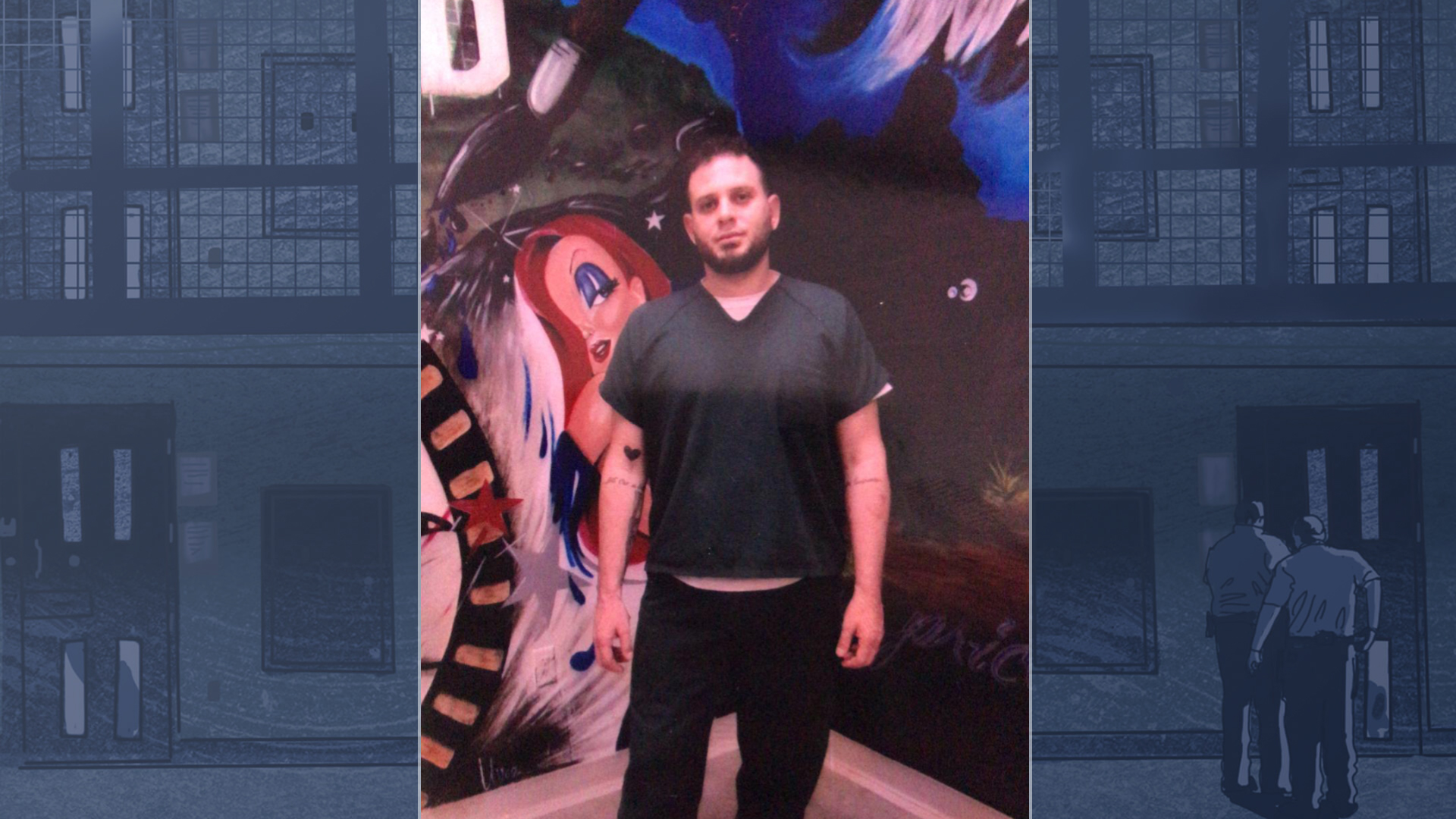U.S. Immigration and Customs Enforcement (ICE) was warned as early as May 2018 that it was placing detainees with serious mental health difficulties in solitary confinement for “shockingly” long periods and in “alarming” numbers at Adelanto Detention Center, Southern California, internal government documents reveal.
The memo drafted by Department of Homeland Security officials condemns as “inhumane” ICE’s heavy use of solitary confinement on people experiencing severe mental health disorders. It also asserts that the practices violated the agency’s detention directives.
The Project on Government Oversight (POGO) obtained the document through a Freedom of Information Act lawsuit.
“This review shows that ICE has known for years about Adelanto’s large-scale warehousing of detainees with mental illness in solitary confinement,” Nick Schwellenbach, director of investigations at POGO, told ICIJ.
In May, 2019, the International Consortium of Investigative Journalists and six international media partners published Solitary Voices, a major investigation into ICE’s misuse and overuse of solitary confinement, which is known to cause or deepen mental illness, including driving some people to suicide.
ICIJ and its partners reviewed 8,488 solitary confinement incident reports. In nearly a third of cases, detainees were described as having a mental illness, making them especially vulnerable to the worst effects of isolation. The records describe instances of detainees in isolation mutilating their genitals, gouging their eyes, cutting their wrists and smearing their cells with feces.
In an examination of individual ICE detention centers, ICIJ and its partners found that the privately owned and operated Adelanto Detention Center reported greater use of solitary confinement than any other across the country between 2013 and early 2017.
The POGO memo will likely ratchet up concerns about the conditions at the center.
It shows that officials in the Office of Civil Rights and Civil Liberties, the Department of Homeland Security watchdog, expressed deep misgivings about Adelanto’s apparent heavy use of solitary confinement following a 2017 examination by three independent experts contracted by the department.
According to POGO, the examination followed three detainee deaths at the facility, including one suicide.
The memo brands the facility’s medical leadership “incompetent,” saying that such conditions “contributed to the inadequate detainee medical care that resulted in medical injuries, including bone deformities and detainee deaths.”
The memo emphasized that the situation had not improved since.
Adelanto, which is run by the GEO Group, a major private prison company, is one of ICE’s largest centers, holding up to 1,940 immigrant detainees.
ICE denies the overuse of solitary confinement at any of its centers, saying it is fully compliant with the 2013 agency directive governing the use of segregation.
“Any suggestion that the use of segregation in ICE custody is above the norm for detained populations would be a false claim,” an ICE spokesman, Bryan Cox, told The Atlantic in answer to questions regarding the memo obtained by POGO.
After ICIJ published Solitary Voices, a bipartisan group of lawmakers called on ICE to answer questions about its solitary confinement practices.
In June, U.S. Senator Cory Booker (D-NJ) cited ICIJ’s findings in calling ICE’s use of solitary confinement “egregious and appalling abuses.” Senator Elizabeth Warren (D-MA) called the agency’s isolation practices “cruel and unnecessary.”
In July, senators Chuck Grassley (R-IA) and Richard Blumenthal (D-CT) sent a letter to ICE citing ICIJ’s work and demanding answers on “recent allegations of the misuse of solitary confinement.”
Solitary Voices included reporting by Grupo SIN in the Dominican Republic; Plaza Pública in Guatemala; Mexicanos contra la Corrupción in Mexico; and NBC News, The Intercept and Univision in the U.S.
